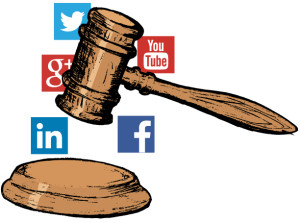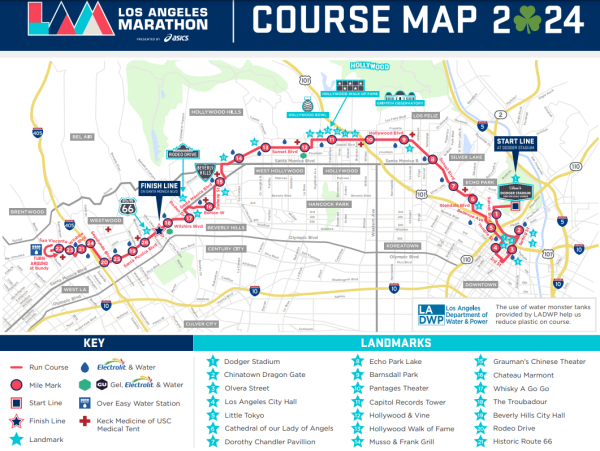Why is the Media So Quick to Judge?

Eagle Professional Resources
Media makes the final decision on how the public views the world.
March 5, 2019
Thanks to the creation of the internet for common use in the 1990s, it has become a lot easier for the everyday person to have access to news and information faster. Now, more people can have the latest update on what’s happening locally, or the latest law passed in the government, or even just getting the latest news on friends’ status. But with information being spread around faster, we get to judge faster as well.
Judgment of other people has been an issue as long as there has been human interaction, which is to say, forever. It’s human nature to judge something that we disagree with. But with the rise of the internet, online news sources, and social media, making judgements has become a lot easier: it’s just a button click away. People see a single thing that they don’t like, and judgement descends upon the newest victim without any further investigation.
But why? If one of the benefits of online news and media is the spread of information, why are people not getting all the facts?
Well, the answer is actually rather simple: people don’t want all the information. We live in a fast-paced society, which is why there is such a demand to have a source that provides what we want when we want it.
Think about when you’re scrolling through your feed on social media. You like a picture, repost/ retweet/ reblog the ones you particularly like, then go to the next one. If it takes too long for a particular post to load, whether it be the visuals buffering, the sound not working, or just not appearing, you move on, not wanting to wait the three to five seconds for it to load. Or imagine the excruciating frustration you feel waiting for the five seconds to pass during a YouTube ad just so you can skip it and get to your video. Horrible, right?
All we want is to get through the task at hand as quickly as possible so we can move on to what we have next; God forbid we miss out on something because we spent too long on something else. As a result, we have an impulse to only look at what we immediately see, only taking in the surface level information as we skim the internet. We leave ourselves uninformed because we only read headlines or catch a few sentences in between. Those few pieces of information determine our views on the topic, even though it’s far from the full story.
Say that a robbery just occurred in one of the most secure banks in the country. A news headline reads, “Three Delinquents Rob Bank,” or something along those lines, with a photo of three dirty, beat-up men covered in tattoos. Immediately, those two things put thoughts into our heads. What that is varies from person to person, but because of the wording or how the robbers look in the photo, we get the impression that these men are just no-good criminals who can’t go anywhere in life without getting money from other people. With this information readily available, our shock and outrage at the criminals in the country can be spread to our own communities with just a few clicks on a keyboard then a press of a button. Now that your info, taken from what little knowledge you have on the topic, is out there, ready to be viewed by your peers online, they will no doubt read just as much, or even less, than you did. Much like yourself, they will likely not look into this further, and thus fall into the same exact spout of anger you had when receiving the news of these disgusting criminals.
Unfortunately for you and all those you told of the news, that was not the full story. The full story, in fact, includes how these men are actually paid actors to frame a community as dangerous and full of people who don’t respect the law. The real criminal mind here is actually the owner of the bank, hoping to get profits from insurance while the men he paid took the blame. Don’t worry, he got caught too, but you don’t know that because the source you read only focused on the ones who physically committed the act.
Quick judgements are quick because we don’t bother to go beyond what comes immediately to us or jumps in our faces. Perhaps if we took more time to actually check if what we’re reading, then maybe we wouldn’t’ judge so fast and stop spreading misinformation.
That being said, did any of you really read this whole thing?





















